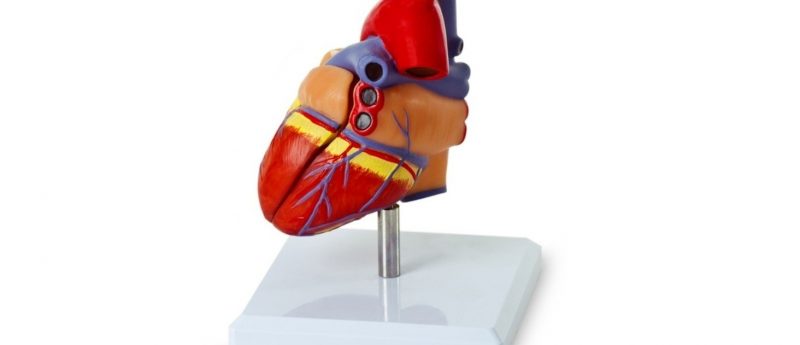Grant awarded for study into gene and stem cell therapy for coronary grafts

An NIH grant to enable study into the effects of gene and stem cell therapy in coronary artery bypass grafts has been awarded to a researcher from Creighton University
A 4-year, US$2.9-million NIH grant has been awarded to Devendra K Agrawal (Creighton University, NE, USA) following more than a decade of research and collaboration with cardiothoracic surgeons intent on improving the success rate of coronary artery bypass grafts involving the saphenous vein in the leg. Despite being one of the most-used veins for coronary grafts, studies have demonstrated its susceptibility to new blockages in as little as 2 months following a procedure.
Through operations on pigs, Agrawal designed a procedure capable of correcting the protein defect causing reocclusion can be corrected prior to grafting. In addition, bone marrow-derived stem cells from the patients themselves can be used to regenerate a layer of cells on the luminal side of the artery, left stripped and vulnerable to the adhesion of circulating cells following a procedure. The weakened and denuded cell layer has been identified as a major contributor to coronary thrombosis in the wake of bypass graft surgery.
Discussing this work, Agrawal stated: “We can significantly reduce morbidity, we can address myocardial infarction and we can save on the healthcare costs associated with this procedure. It’s a novel and innovative approach that a number of people in my lab have worked extremely hard to make happen. To our knowledge, nobody has done both gene therapy and stem cell therapy, but we’ve seen that you have to have both for the success of the coronary procedure and to take care of the potential for reocclusion and thrombosis afterwards.”
Through their work thus far on this strategy, Agrawal and his team have already observed a marked improvement in prevention of reocclusion without side effects. With continued success of the procedure in pigs, it is hoped that a Phase I clinical trial for humans will come to fruition in the near future.
— Written by Hannah Wilson
Source: www.creighton.edu/publicrelations/newscenter/news/2015/june2015/june82015/agrawalnihnr060815/